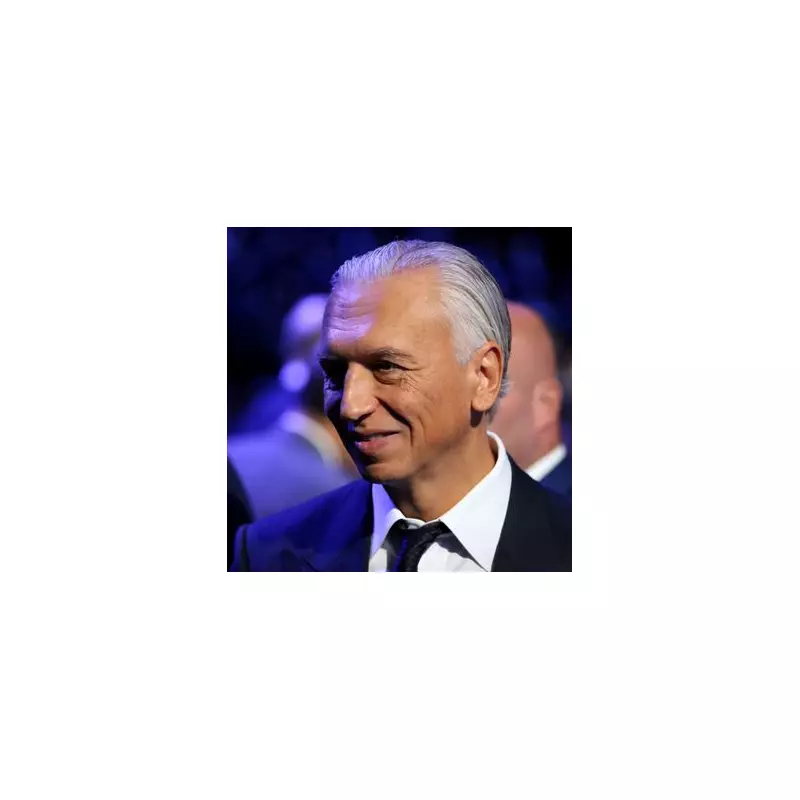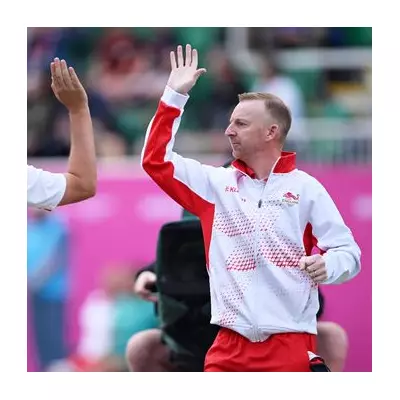
In a dramatic turn of events that has sent shockwaves through the football world, Russia's ambitious bid to host the UEFA Euro 2032 championship has been completely dismantled by European football's governing body.
The Final Verdict
UEFA has officially confirmed the rejection of Russia's hosting application, effectively ending any hopes the nation had of staging the prestigious tournament. This decision comes amidst ongoing international sanctions and widespread condemnation following Russia's invasion of Ukraine.
The ruling represents one of the most significant sporting sanctions imposed since the conflict began, highlighting how geopolitical tensions continue to influence international sports governance.
What This Means for Russian Football
This rejection deals a devastating blow to Russian football, which has faced increasing isolation from international competitions since February 2022. The failed bid underscores the continued exclusion of Russian teams and hosting opportunities from major European football events.
Russian football authorities had hoped the Euro 2032 bid might signal a potential pathway back to international acceptance, but UEFA's firm stance suggests this remains a distant prospect.
The New Frontrunners Emerge
With Russia out of the running, the hosting competition has narrowed significantly. Turkey and Italy have now emerged as the leading candidates to stage the 2032 tournament, with both nations possessing the infrastructure and experience to deliver a successful championship.
Football insiders suggest that the joint bid between Turkey and Italy has gained considerable momentum following Russia's exclusion, though a final decision is expected in the coming months.
A Watershed Moment for Sports and Politics
This decision represents one of the most significant instances of sports governance intersecting with international politics in recent memory. UEFA's stance demonstrates that even major sporting events cannot escape the ramifications of geopolitical conflicts.
The rejection also sets an important precedent for how sporting bodies might handle similar situations in the future, potentially influencing decisions about Russian participation in other international competitions.
As the football world processes this landmark decision, attention now turns to how Russian football will navigate its continued isolation and whether alternative hosting opportunities in Asia or other regions might emerge.





